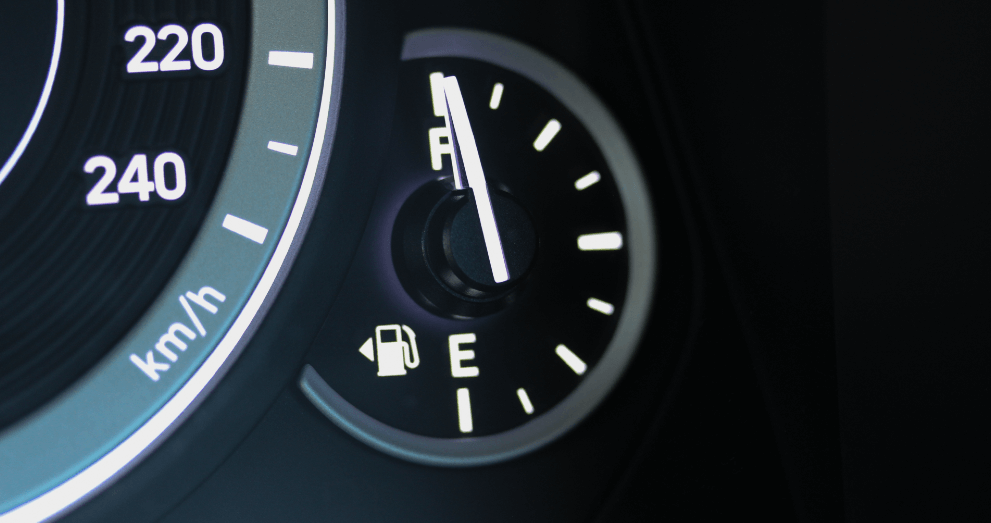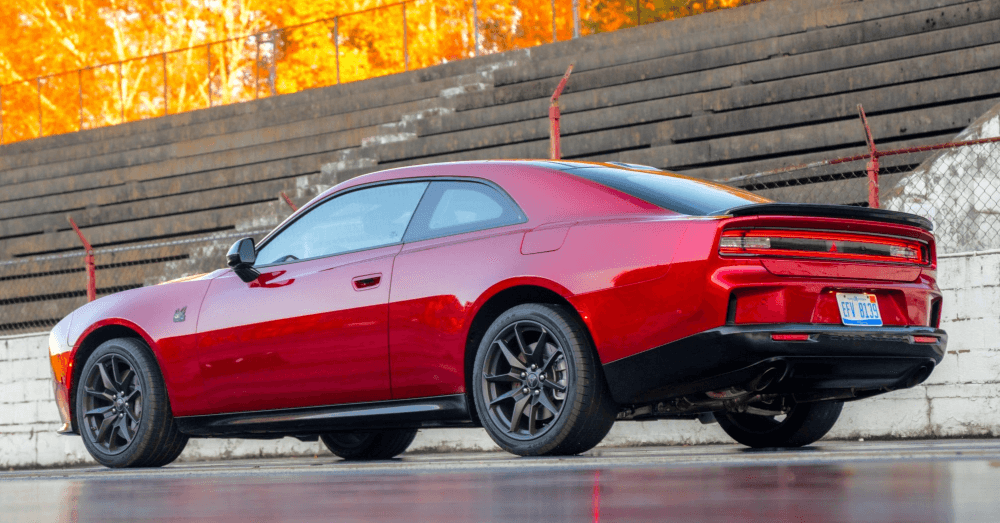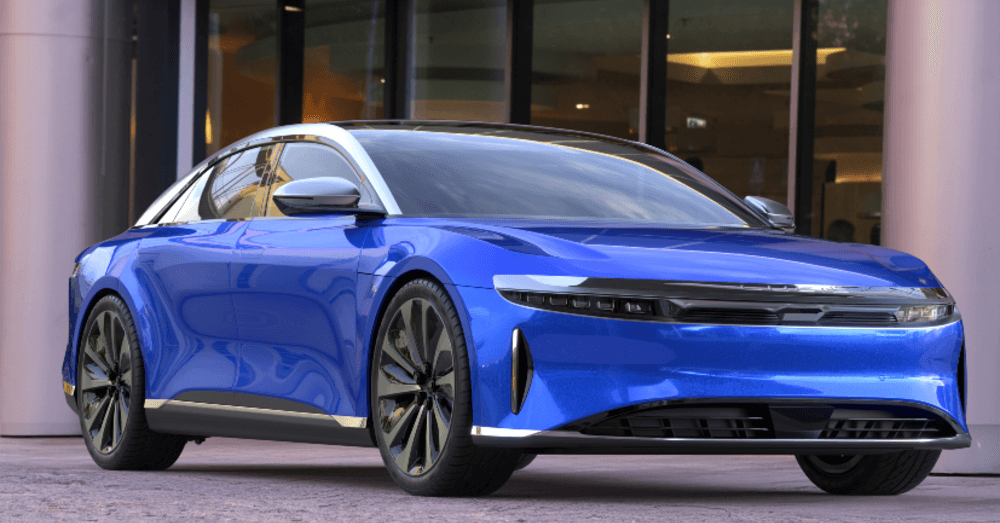How Do I Know if a Car Is Fuel-Efficient? How to Read Fuel-Efficiency Ratings

Is you’re car fuel-efficient? You might think it is, but suddenly realize many other vehicles in its class are more efficient and better on gas than yours.
What is good gas mileage? As much as this should be an easy thing to answer, there’s a lot that goes into understanding and determining the efficiency of a vehicle. You must look at the type of vehicle, fuel octane, and type of fuel being used. These factors matter and help determine how often you might need to put fuel into your vehicle.
Why are there different figures for city and highway driving?
Typically, the fuel-efficiency rating is listed as the city/highway/combined fuel mileage. Sometimes the combined rating is left out. This generally looks like this: 24/32/28 mpg. Generally, the highway fuel mileage will be higher than the city fuel mileage, but that’s not always the case. In traditional gas-powered vehicles the highway mileage figure is larger because city driving requires slower speeds, idling, and higher rpm while highway driving is often a consistent, smooth venture with very few stops or slowdowns.
What impacts your gas mileage?
Automakers list the EPA fuel mileage on the sales sticker. Just because a car is fuel-efficient, doesn’t mean that is the figure you’ll get during your drive. This number is based on testing and expected ideal conditions on the road. Here are some of the factors that go into fuel-efficiency.
Vehicle Type
Smaller vehicles have smaller engines and are by design much more fuel efficient than larger models with bigger engines. The Honda Civic should provide much better fuel mileage figures than a Ford F-250 Super Duty. The lighter weight and smaller engine requires much less fuel to get the vehicle going.
Type of Fuel
Some fuel is designed to lower the friction in your vehicle’s engine, which can impact the gas mileage you enjoy when driving. The quality of fuel makes a difference, but it’s not likely you’ll have a noticeable difference from one gas station to another when using the same fuel octane.
Fuel Octane
Most vehicles are rated to operate using 87 octane fuel, but some require you to pay for premium fuel, which means putting more expensive 91 or 93 octane fuel in the tank. A car can be fuel-efficient, but if you must use 93 octane for it to operate properly, its going to be much more expensive to drive than a similar vehicle using 87 octane fuel.
Driving Conditions
Driving on the highway gives you better fuel mileage than on city streets. If you take your vehicle on some off-road trails it will be even less efficient than on the road. This shouldn’t be too much of a factor, but keep in mind, driving on the highway is the best way to produce the highest fuel mileage.
Driving Habits
Your driving habits impact whether a car is fuel-efficient or not. If you’re aggressive you’ll negatively impact your fuel mileage by accelerating too quickly or braking too hard. This burns a lot more fuel and causes you to spend more on fuel than you should.
How can you get the most fuel-efficient car in the class?
In addition to checking the sticker for the fuel mileage numbers, generally, a hybrid vehicle will return the best fuel mileage. Of course, you should ensure the hybrid car runs well on 87 octane fuel so that you won’t spend more on gas than you should.
An example of choosing the more fuel-efficient option would be the Toyota Highlander. The Highlander Hybrid returns 35 city/35 hwy mpg while the regular Highlander returns 21 city/29 hwy mpg. This is an example of choosing the more efficient version.
Check your mileage while you drive?
Most modern vehicles offer a display that shows you real-time gas mileage figures. This is a great way to help you understand how to improve your fuel mileage and get the most out of a tank of gas. You can calculate your fuel mileage by understanding how far you’ve driven and how much gas you put in the tank whenever you fill up.
Of course, in addition to the factors listed above, it’s important to maintain your vehicle properly and have it serviced regularly. This means regular oil changes, checking your tires, and changing the air filter when you should. There are other items as well, but these three impact your car’s fuel-efficiency and could turn your fuel-efficient car into one that isn’t if you ignore them.
Now you know what goes into a car being fuel-efficient, which vehicle will you drive?
This post may contain affiliate links. If you buy products through these links, we may receive a commission, at no additional cost to you.






